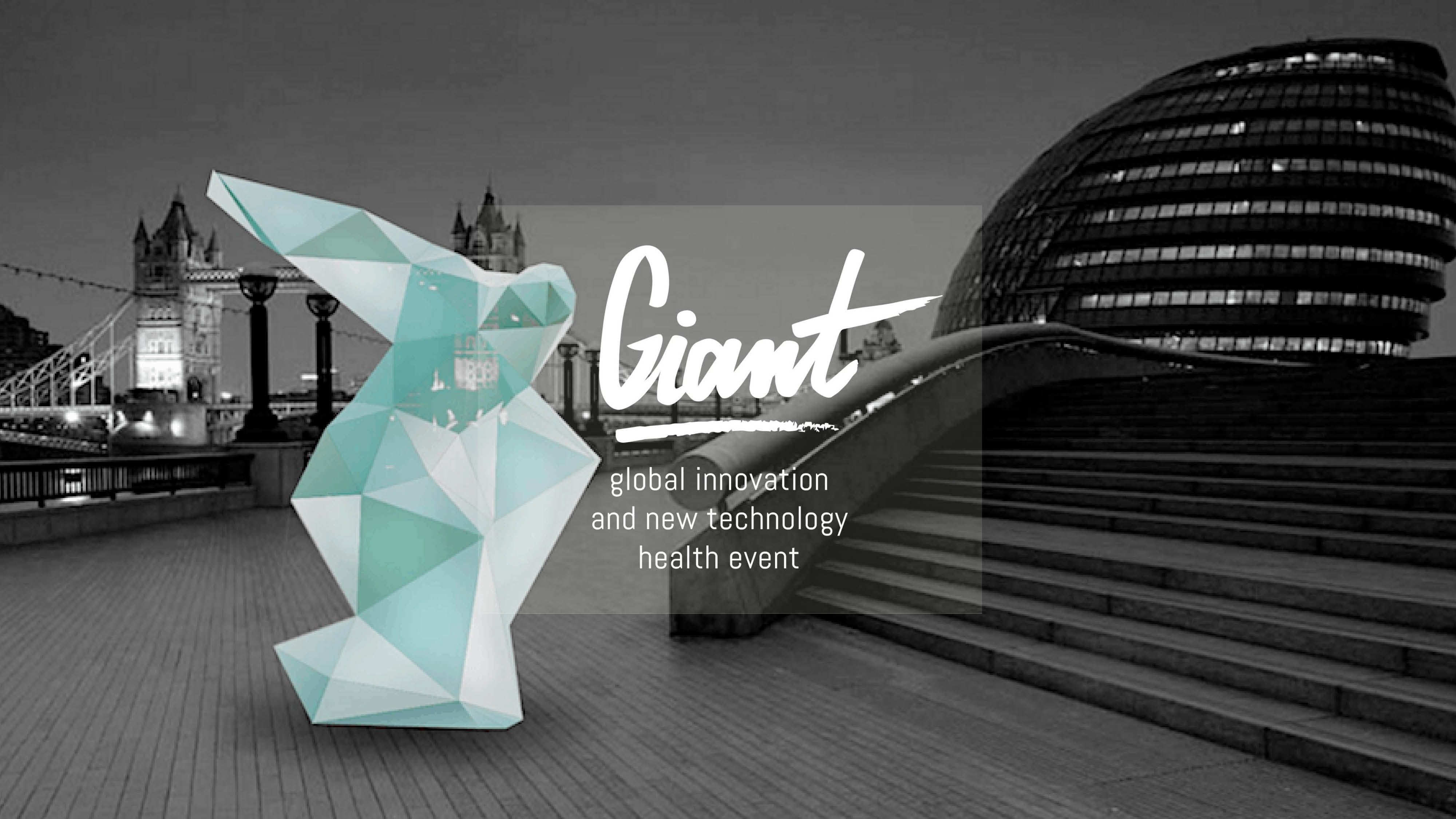This week we attended Giant 2023, the global health innovation and health tech event. It’s Europe’s largest health tech conference, held at Islington’s Business Design Centre over two days. It welcomed speakers from tech, public sector, educators, influencers and funders, and was attended by an equally diverse range of guests, including ThreeTenSeven, naturally, as brand consultants in health and wellbeing. The event provided endless food for thought across key themes of Mental Health, Femtech and Net Zero. But, perhaps unsurprisingly, it was themes around data that were particularly prominent, recurrent and resonant. Here we sum up some of the key takeaways around health and data for 2024:

The need for robust, routine cross-sector data-sharing.
Every speaker we saw at Giant 2023, whether talking about Net Zero in health or improving health outcomes for women emphasised the need for more, better data. Without understanding the true extent of the puzzle, it can’t be truly fixed, no matter the tech available, and data remains the key, as was highlighted at every juncture during Giant 2023.
So far, so familiar. But speakers emphasised that it’s not enough to share between patient and provider, we need to think cross-sector and cross-platform for true success. This was neatly raised by Katherine Church, women’s health tech expert and previously an NHS ICS Chief Digital Officer, who spoke on the FemTech panel at Giant 2023 about the change we need to see to improve women’s health. Keen to push audiences to think differently about data sources, Katherine referred to results published earlier this year by Imperial College London, who cross-referenced health data and club card data from major retailers including Tesco and Boots, and were able to spot signs of ovarian cancer as much as 8 months before diagnosis by identifying patterns in shopping habits. Although an isolated study, it underlines the need for data capture that steps beyond the typical measures, looking at holistic lifestyle markers as indicators of health outcomes. It also highlights, as if yet more highlighting is needed, that drastic improvements are needed in how health data is stored and transmitted, to enable interoperability with services and apps well beyond the health infrastructure, for true innovation to happen. Incidentally our friends and clients at NHS England and openEHR continue to do superb work in this area.

Wearables and passively-captured data forces the evolution of data frameworks.
Another recurring theme from this year’s Giant event, and one that chimes with wider commentary on health trends, is the ever-increasing opportunity presented by wearables in gaining a fuller picture of holistic health – and the associated risks that comes with this enhanced data. This came through strongly from the FemTech panel, who were championing the need for more robust data around women’s health if we are to challenge a health system designed by men, for men (and we really, really must do that. Read Invisible Women for more on that).
One speaker highlighted that the rise and rise of wearables, and their increasing smartness – think the ring that can track hormones, not to mention 24/7 heart rate tracking etc – could be incredibly potent for the female patient/consumer. But only if this data is collected safely and protected in an appropriate way.
For those who didn’t attend, the need for enhanced data standards because of tech was explained beautifully (and quickly) by Nita Farahany recently for TED Health, in a talk titled ‘Your right to mental privacy in the age of brain-sensing tech’. Nita brings to life the issue with an example of a very close family trauma she went through, highlighting how devastated she would have been if her personal health data been captured as she went through this experience, and even more so if it had been used for commercial purposes.
These conversations underscore why it’s so important for the evolution of data frameworks to include passively-captured data and neurotechnology, to ensure robust governance of data that’s appropriate for the channel from which it’s taken. I was pleased to hear that Wellcome Trust are already on with this: Dr Matthew Brown, Digital Technology Lead in Mental Health at the Wellcome Trust, explained that the organisation is working with a framework exactly along those lines.
Continued need for investment in mental health digital innovations.
Both our understanding of mental illness and its rate of occurrence are continuing to grow. Indeed Dr Matthew Brown of Wellcome Trust cited stats showing that by 2035 mental illness will have overtaken physical illness in patient presentation. Matched with an underfunded, understaffed NHS, there is clearly a desperate need to find smart patient interventions that are as efficient as they are effective, that do not rely on face-to-face care until or unless it’s necessary or useful. The exhibition hall was packed with stands featuring examples of exactly this type of intervention. Through ThreeTenSeven’s work with Mind, the NHS and others in the third sector we continue to explore this ourselves and know the opportunity for innovation in this area is almost endless. The challenges around funding this type of innovation and proving efficacy are numerous though.
It was positive news from Mental Health Tech Show at Giant 2023 that the Wellcome Trust are continuing to do excellent work in supporting the funding of interventions. Dr Brown referenced a new digital mental health funding call that will be going out in the Summer of 2024 from Wellcome Trust, which is all about supporting research and development around digital tech to aid early intervention in anxiety, depression and psychosis. He also cited further work being done around regulations for digital mental health products. which is sorely needed as this field continues to grow.
-
If you’d like to contribute other themes you took from the event, please get in touch as we’d love to continue the conversation.




